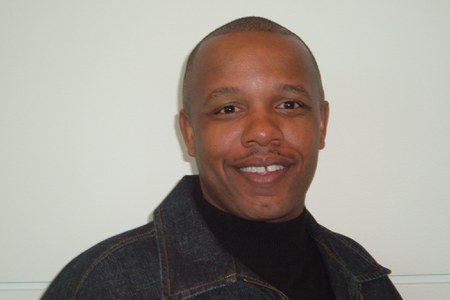Anthony Hicks

The victim was getting ready for work in her apartment when she heard a knock at the door. It was a Black man claiming to be her upstairs neighbor and requesting to use the phone. The victim let him into her apartment. The man then stole the money from her purse, tied a scarf around the victim, and sexually assaulted her.
Anthony Hicks was stopped a few days after the crime on a traffic violation and turned into a suspect when someone in jail thought he looked like the police sketch.
Five hairs were recovered from the bedroom in the victim’s apartment. A forensic analyst testified that five Negroid hairs found in the victim’s apartment were “consistent” with samples provided by Hicks. The analyst also testified that a Caucasian head hair was found inside the pants Hicks was wearing when arrested, and that this hair was “consistent” with the victim’s head hair. Because there is not adequate empirical data on the frequency of various class characteristics in human hair, an analyst’s assertion that hairs are consistent is inherently prejudicial and lacks probative value.
All original DNA testing done on the hairs was inconclusive due to insufficient sample size. There was not enough sperm found for testing. All serology testing results were inconclusive.
Hicks eventually secured access to the evidence and had it subjected to DNA testing. One of the roots of one of the hairs yielded enough DNA to obtain a profile, which excluded Hicks.

Time Served:
6 years
State: Wisconsin
Charge: Rape, Robbery
Conviction: Rape, Robbery
Sentence: 20 years
Incident Date: 11/15/1990
Conviction Date: 12/19/1991
Exoneration Date: 04/23/1997
Accused Pleaded Guilty: No
Contributing Causes of Conviction: Eyewitness Misidentification, Inadequate Defense, Unvalidated or Improper Forensic Science
Death Penalty Case: No
Race of Exoneree: African American
Race of Victim: Caucasian
Status: Exonerated by DNA
Alternative Perpetrator Identified: No
Type of Crime: Sex Crimes
Forensic Science at Issue: Hair Analysis